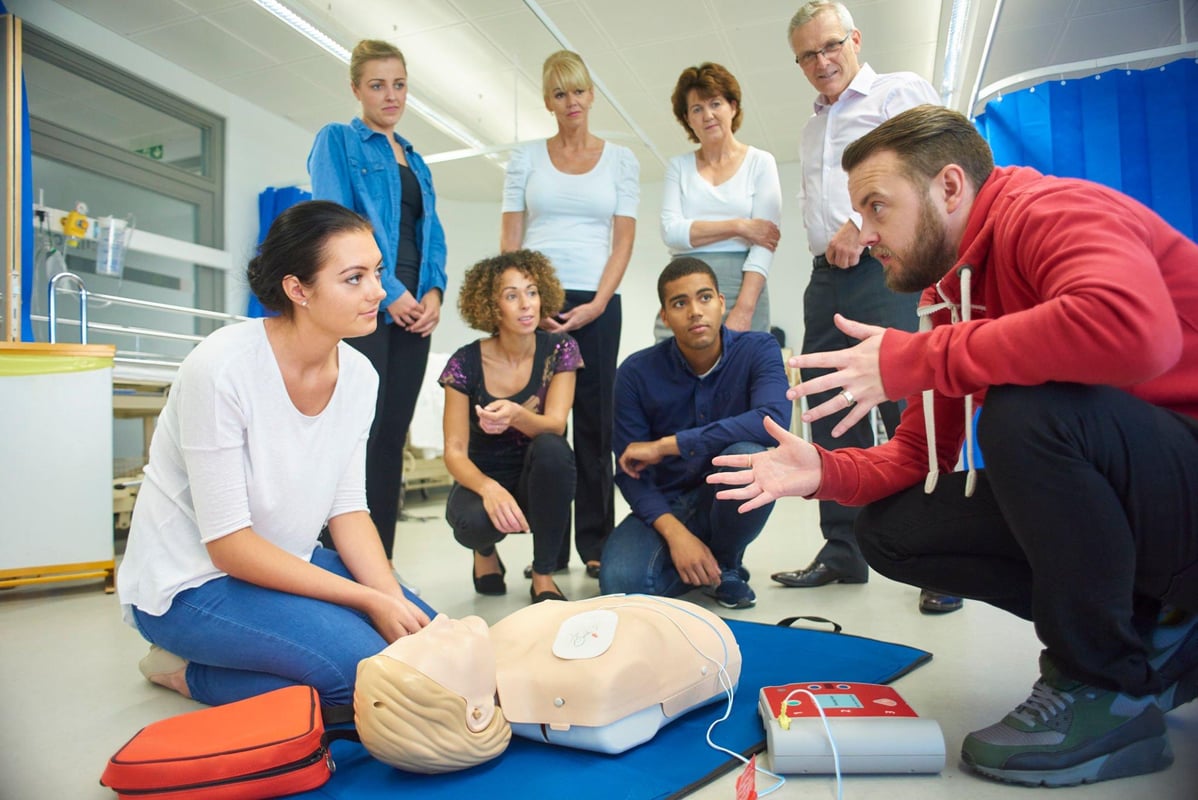Is Emergency Response Team Member a Good Job? Pros and Cons

Are you considering a career as an Emergency Response Team Member? This blog post will provide you with an overview of the job, including the pros and cons, essential skills and qualifications, and the career outlook for this field. Whether you're just starting your career or looking for a change, this information will help you make an informed decision. So, let's dive in and explore the world of Emergency Response Team Members!
Career Outlook for Emergency Response Team Members
The demand for Emergency Response Team Members is expected to grow in the coming years. As natural disasters and other emergencies become more frequent, there is a greater need for trained professionals who can respond quickly and effectively. The Bureau of Labor Statistics projects a 6% growth in employment for emergency management directors, which includes Emergency Response Team Members, from 2020 to 2030.
Factors to consider before deciding on a career as an Emergency Response Team Member
-
Level of commitment: Being an Emergency Response Team Member requires a high level of commitment to your job and the well-being of others. It's important to consider whether you are willing to make the necessary sacrifices and dedicate yourself fully to this career.
-
Emotional resilience: Dealing with emergencies can be emotionally challenging. It's important to assess your own emotional resilience and determine whether you have the ability to cope with the stress and trauma that may come with this job.
-
Work-life balance: As mentioned earlier, the irregular hours and high-stress levels associated with this career can make it challenging to maintain a healthy work-life balance. Consider how this may impact your personal life and whether you are willing to make the necessary adjustments.
Final Thoughts
Becoming an Emergency Response Team Member can be a rewarding and fulfilling career choice. The opportunity to make a difference in people's lives and help them in times of crisis is invaluable. However, it's important to carefully consider the pros and cons, as well as your own skills and qualifications, before pursuing this path. If you're interested in pursuing a career as an Emergency Response Team Member, consider exploring vocational training programs that can provide you with the necessary skills and certifications. Dreambound, the largest platform for students to find vocational training programs, can help you find the perfect class to kickstart your career. With their comprehensive database of training options, you can easily find the program that suits your needs and goals. So, why wait? Start your journey towards becoming an Emergency Response Team Member today with Dreambound!
Dreambound has a bunch of guides about starting in this field, with specific ones for different locations. For more insights into the process, check out some other guides below:
- How to Become an Emergency Response Team Member in Delaware
- How to Become an Emergency Response Team Member in Kentucky
- How to Become an Emergency Response Team Member in Mississippi
- How to Become an Emergency Response Team Member in Rhode Island
- How to Become an Emergency Response Team Member in Tennessee
Exploring different career paths? Dreambound offers in-depth guides to assist you in making well-informed decisions. Explore some of these resources below:

Harold Roldan is a Growth team member at Dreambound. With a background in IT, he works with data and automation to improve team efficiency and workflows. He spends his free time playing musical instruments or studying data, computers, and technology.




